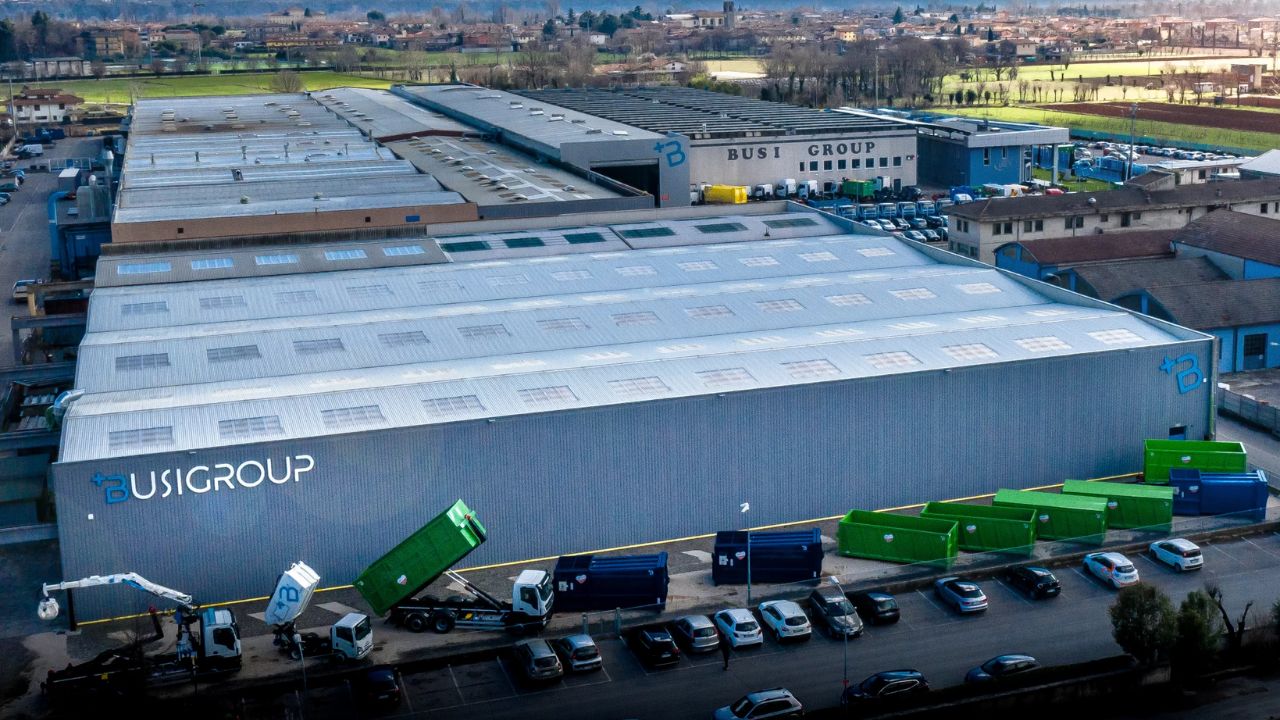Six strategies to combat work stress

We have all directly experienced firsthand the difficulty of concentration, the waste of energy, the risk of neglecting information relevant to our business due to the constant multitasking we undergo. We are conditioned by an excessive amount of information: continuous flow of emails, phone calls and meetings that constantly undermine all efforts to work without stress.
Deloitte’s Global Mobile Consumer Survey 2016 report photographs an Italy increasingly dependent on smartphone devices, and entrepreneurs and career workers are hardly an exception. Far from it.
The cell phone creates discord between private life and working life. Always making yourself available pushes you to sacrifice your free time and hours of sleep to respond to work emails even during the night.
Career workers use smartphones continuously during working hours and even more after hours, at night and during their holidays.
This makes it difficult to work without stress.
You fall asleep with your cell phone in your hand and when you get up in the middle of the night you respond to personal emails (64%) but above all you read (76%) and respond to work emails (83%). 57% of career workers immediately look at their cell phones in the morning and 59% check them over 200 times during the day.
If the primary objective is to be able to work without stress, or limit its load, it is necessary to save the energy that we tend to waste with recursive and not strictly necessary or well-focused activities.
It is necessary to learn to allocate times – a valuable activity for a real conscious self-regulation process – and minimize interruptions.
Good habits to cultivate
(Based on the book “Lean Development and Innovation”, Routledge 2018)
Six principles, practicable by anyone and applicable to any project, to maximize intellectual and productive efforts and reduce the negative effects of multitasking:
#1 Plan by time slot
Planning time slots where you will only do one task promotes concentration, increases intellectual performance and helps you work without stress. In the planning phase of the works, it is important to remember to provide breaks between one activity and another, because closed floors are more frequently subject to situations of paralysis due to even minimal interruptions or unpredictable external variables.
#2 Reduce the amount of ongoing activities
Committing to only one activity for each individual portion of time facilitates concentration and fluidity, and above all it is a guarantee of effectiveness in terms of completing the ongoing activity.
Striving to divide everything into small blocks and always moving in small steps favors the success of our actions.
Success calls success, failure calls failure.
#3 Seek maximum concentration
The average time slot that each person can commit to maximum intellectual productivity is 75 minutes. Thinking about concentrating longer on a task with maximum effort is unthinkable and therefore it is not useful to plan activities that cover longer time periods. To pursue the achievement of maximum results and a state of well-being that allows you to work without stress, the council is to divide the activities into blocks lasting up to an hour and exclude everything else for that hour. Finding the ability to concentrate on just one thing at a time and inserting saving and regenerating breaks of about fifteen minutes helps the rhythm and predisposes you to another very high concentration block.
#4 Create routines and design good habits
It is important that each person and each work team build their own routines, good habits that allow as many things as possible to happen with minimal effort.
It’s about setting up, and continuing to train and support, a real “heartbeat” of the work team to increase productivity and lighten the stress caused by the chaos of multitasking or the frequent and unexpected change of direction.
Every time rhythmicity is introduced into individuals or groups, efficiency is gained. This concept is valid both in private life and in the conduct of professional projects.
#5 Plan results and not activities
It is not enough to introduce routine moments in which the team will meet: it is important to set them up not only to discuss or do activities, but also to verify the intermediate and results of the individual activities. The focus, therefore, shifts from planning the activity to the results of the activity itself.
The result of a group activity cannot be apart from providing what is needed, when it is needed, in the right amount and in the right place. Each resource involved in the project should produce only what is required of it, when it is required of it to facilitate communication and effectiveness, to do the right thing at the right time and at the right amount.
#6 Stem overwork
What do you risk when you find yourself at the limit of your abilities? The performance of the individual, but also of the work groups, will be heavily influenced in the long term in terms of duration, quality and punctuality by the sensation of “choking on activities”.
To work without stress, and maintain high performance, it is therefore important to always have the level of personnel and employee overload under control.
To do this it becomes essential to learn to manage your energy level well, from the physical to the mental one, avoiding for example planning activities with high cognitive demand in the evening moments or immediately after other “heavy” activities.
In essence, to counteract stress you need to learn to slow down in the short term, to gain speed in the medium and long term.
Articolo a cura di:

Emanuela Frasca
Marketing Manager
Read more








